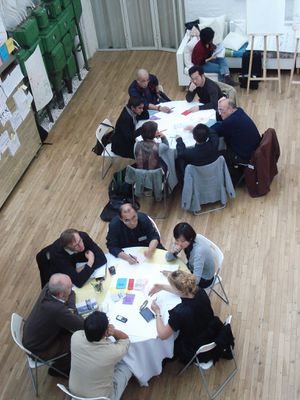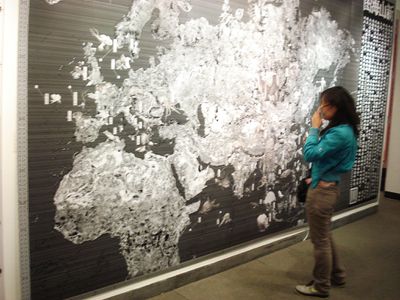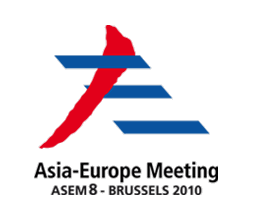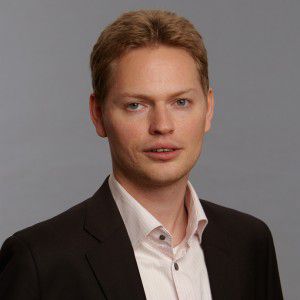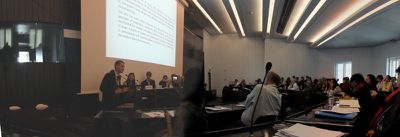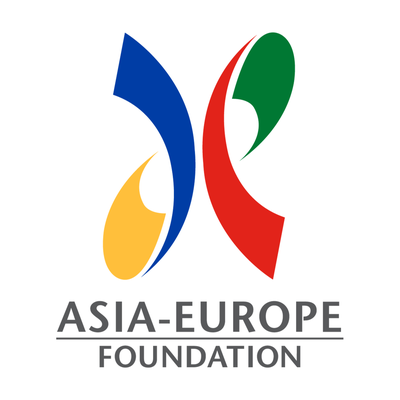posted on
18 Nov 2010
Culture experts urge ASEM governments to make creative cities more sustainable
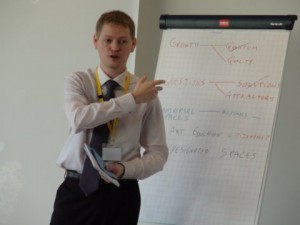
The workshop “Sustainable Creative Cities: the role of the arts in globalised urban contexts” was co-organised by the Asia-Europe Foundation (ASEF), the Institute of Cultural Theory, Research, and the Arts (ICRA, or IKKK in German) at the Leuphana University Lueneburg (Germany) and the Urban Research Plaza, Graduate School for Creative Cities, at Osaka City University (Japan), within the framework of the 4th Connecting Civil Societies Conference: Changing Challenges, New Ideas which took place on 1-3 October 2010 in Brussels, Belgium.
The participants of the “Sustainable Creative Cities” workshop reflected on the notion of ‘sustainable’ ‘creative cities’, the ‘arts’ and the ‘role of the arts’ in contemporary urban contexts across Asia and Europe, coming to the conclusion that a shift in policies is required, away from ‘creative class’ and global competition of so-called ‘creative cities’ and towards more ecological-social-cultural engagements and more genuinely participative urban developments.
The following recommendations were presented to ASEM governments:
- To meet the demands of living well together in the future, we recommend that the art of city-making embrace ecological growth as social, environmental, cultural and economic diversity; and governance as transparent forms of genuine, effective participation, dialogue and mutual learning. The arts can serve these processes as a dynamic catalyst and as a generator of imagination among all other disciplines. To this end, we recommend the creation of enabling environments for the development of larger numbers of smaller arts organizations/initiatives, which engage in participatory and transdisciplinary processes –cf. glossary- directly responsive to the needs of diverse communities.
- We call for inter-sector, transversal (cf. glossary) and sensitive approaches to urban development. Such approaches should allow indeterminate common spaces for shared use in our cities. We recommend ASEM governments to integrate the significant contributions of artwork and art-creating processes in urban development. We urge them to establish an enabling environment for the active involvement of artists and other creative practitioners in urban development policies. This would include determining the modalities of such participatory processes.
- To generate the capacity and the capabilities for sustainable cities, the arts have a role to play in formal, informal and non-formal education (cf. glossary) as well as in lifelong learning. Furthermore, we urge ASEM governments to actively consider looking beyond arts education towards a deeper role for art-in-education. Such an approach should include artistic ways of learning (with experiential learning, question-based learning and non-linear problem-solving skills – cf. glossary). We also recommend the inclusion of artists and other creative practitioners in consultative bodies on education policies.
For a more details, you can download the full report on "Sustainable Creative Cities: the role of the arts in globalised urban contexts - An extended report from workshop 3 at the ASEF CCS4 Conference" here:
ASEF workshop long report
Similar content
posted on
11 Aug 2010
posted on
11 Aug 2010
posted on
27 Aug 2010
posted on
27 Aug 2010
posted on
29 Mar 2012
posted on
05 Jul 2011
